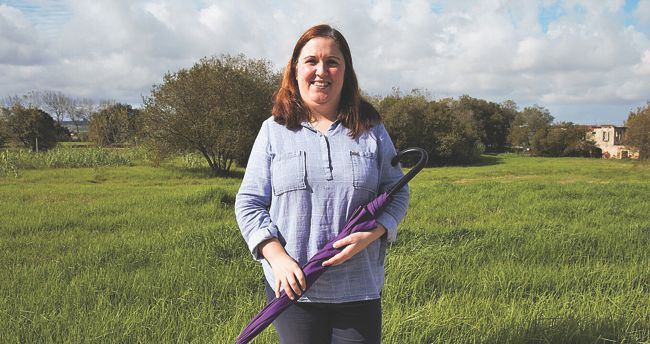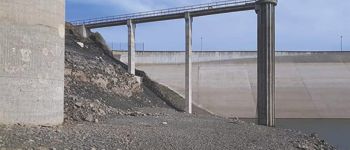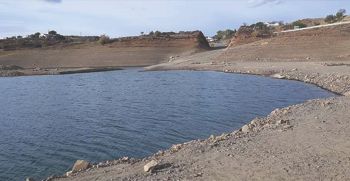The University of Aveiro (UA) warns that, due to climate change, rainwater in Portugal, especially in the inland areas, will fall by 30%. Paula Quinteiro is the researcher at the Centre for Environmental and Marine Studies (CESAM) who is directing this study, and she appeals to those who have political responsibilities in this matter to promote a more effective use of rainwater. She calls for more rainwater to be kept in tanks and other forms of storage, and demands a more thoughtful, economic and sustainable use of this water. The results of the research linked to the “CLICURB” project point to a worrying scenario in which the shortage of rain could lead to the disappearance of springs and streams and the lowering of underground aquifer levels.The warning is addressed primarily to the farmers and foresters, municipalities and water supply companies, calling for an immediate investment in anticipation of a drier Portugal.

Eucalyptus (50 litres of water per day) and avocado (60 litres of water per day) are the two tree species favoured in agro-industrial monocultures in Portugal. But the lack of water will also affect raspberries (20 litres of water per day) and many other crops grown in greenhouses in the south of the country.
The University of Aveiro’s climate warning is aimed, above all, at investors who, thinking they are acting cleverly, expect to earn more
from their production methods by exporting avocados, raspberries and other monoculture products to supermarkets in other EU countries in central and northern Europe free of customs duties.

Current economic and agrarian policy is dominated by money and subsidies, which don’t take ecological values into consideration. Always wanting more and faster has already led to stagnation in citrus production. Until now, many farmers have seen water as a limitless resource, forever available.
It’s just water under the bridge
The huge waste of water from monocultures contrasts sharply with the reality of the climate. Water is an increasingly scarce resource. Soon, there will no longer be limitless water available to irrigate monocultures in Portugal. Much will change over the next 20 years: we will have less water, fewer tourists and more fires. And will all this just be because of climate change? It will cost us dearly. Monocultures arebased on a simple idea, resulting from the linear thinking of a certain generation of foresters and farmers, from the linear thinking of an economy that until now has always been centred on growth.

And current policy repeats the same prayers, based on the “rosary” of economic growth, without understanding that growth can no longer be the economic goal in any area of society. Resources like our planet’s water will inevitably disappear if growth continues to drive the economy. The situation in agriculture resembles another project that is currently underway, the new Montijo airport. There is a conservative group of economists whose crystal ball provides them with a mistaken vision of continued growth in air traffic. What they do not see is that the days of mass tourism as it exists today are numbered.
 Eco123 Revista da Economia e Ecologia
Eco123 Revista da Economia e Ecologia


